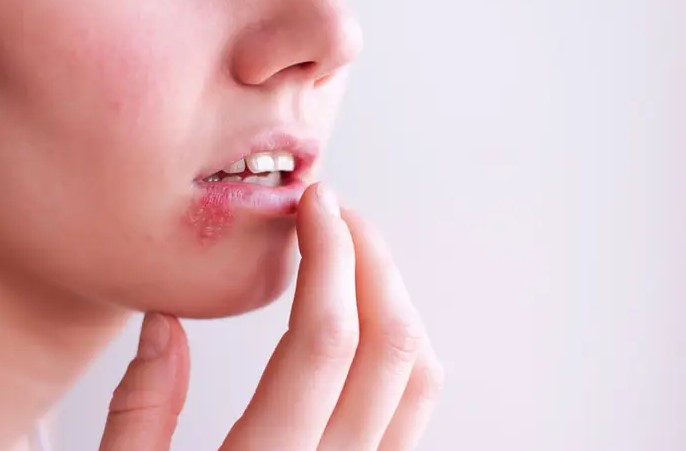Breaking Down the Different Types of Cold Sore Treatments

Cold sores, medically known as herpes labialis, are a common viral infection caused by the herpes simplex virus (HSV). These small, fluid-filled blisters often appear on or around the lips, causing discomfort and self-consciousness. While cold sores usually heal on their own within a couple of weeks, various treatments can help alleviate symptoms, speed up the healing process, and reduce the frequency of outbreaks. In this article, we will delve into the different types of cold sore treatments available, ranging from over-the-counter (OTC) options to prescription medications.
1. Over-the-Counter (OTC) Creams and Ointments:
One of the most accessible ways to manage cold sores is through OTC creams and ointments. These products typically contain antiviral ingredients like docosanol or benzyl alcohol, which help reduce the severity and duration of outbreaks. Docosanol works by inhibiting the virus’s ability to enter healthy cells, thereby slowing down its replication. When applied at the earliest sign of a cold sore, these creams can potentially prevent the sore from fully developing.
2. Topical Analgesics:
To manage the discomfort associated with cold sores, topical analgesics can be used. These products, often available in the form of gels or creams, contain ingredients like benzocaine or lidocaine, which provide temporary relief from pain and itching. While these products do not directly target the virus, they can significantly improve the patient’s quality of life during an outbreak.
3. Lip Balms with Sunscreen:
Exposure to ultraviolet (UV) light is known to trigger cold sore outbreaks in some individuals. Using lip balms that contain sunscreen with a high SPF can help protect the lips from UV radiation and potentially reduce the frequency of cold sore recurrences. This preventive approach is particularly helpful for those prone to sun-induced cold sore outbreaks.
4. Oral Antiviral Medications:
For individuals with frequent or severe cold sore outbreaks, oral antiviral medications prescribed by a healthcare professional can be an effective treatment option. These medications, such as acyclovir, valacyclovir, and famciclovir, work by inhibiting the replication of the herpes simplex virus. Taking these medications as soon as symptoms appear or even as a preventive measure during times of known triggers (like stress or excessive sunlight exposure) can significantly reduce the severity and duration of outbreaks.
5. Natural Remedies:
Some individuals prefer using natural remedies to manage their cold sores. While scientific evidence supporting the efficacy of these remedies varies, some options include applying aloe vera gel, lemon balm extract, or tea tree oil to the affected area. These natural substances are believed to possess antiviral and anti-inflammatory properties that could potentially help alleviate symptoms.
6. Prescription Antiviral Creams:
In addition to oral antiviral medications, there are prescription-strength topical creams available. These creams, containing antiviral agents like penciclovir or acyclovir, are designed to be applied directly to the cold sore. They work by inhibiting viral replication at the site of the outbreak, potentially leading to faster healing and symptom relief.
7. Laser Therapy:
Emerging technologies like laser therapy have shown promise in reducing cold sore symptoms and promoting faster healing. Low-level laser therapy (LLLT) is thought to stimulate cellular repair processes and enhance the body’s immune response, potentially speeding up the healing time of cold sores. However, more research is needed to establish the effectiveness of this treatment.
8. Lifestyle and Prevention:
Apart from specific treatments, adopting a healthy lifestyle and preventive measures can play a crucial role in managing cold sores. Getting adequate sleep, managing stress, and maintaining a balanced diet can help support the immune system, reducing the likelihood of outbreaks. Additionally, avoiding triggers like excessive sun exposure, which can reactivate the virus, is key to preventing recurrences.
In conclusion, cold sores are a common viral infection that can be managed effectively through a range of treatments. From over-the-counter creams and prescription antiviral medications to natural remedies and preventive measures, individuals have various options to choose from based on their preferences and the severity of their outbreaks. Early intervention is often crucial in reducing the impact of cold sores, so recognizing the initial symptoms and starting treatment promptly can make a significant difference. For those with recurrent or severe outbreaks, consulting a healthcare professional can provide personalized guidance and ensure the most suitable treatment plan is pursued. As research continues, new and improved cold sore treatments may emerge, offering even more effective solutions for those dealing with this common condition.